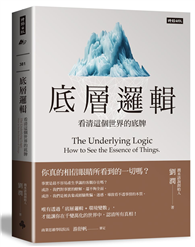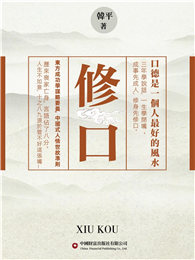Trapped in a London laboratory during a worker uprising, a physicist and war veteran awakens 150 years later--on the eve of a new Dark Age!
In
The People of the Ruins, Edward Shanks imagines England in the not-so-distant future as a neomedieval society whose inhabitants have forgotten how to build or operate machinery. Jeremy Tuft is a physics instructor and former artillery officer who is cryogenically frozen in his laboratory only to emerge after a century and a half to a disquieting new era. Though at first Tuft is disconcerted by the failure of his own era’s smug doctrine of Progress, he eventually decides that he prefers the postcivilized life. But, when the northern English and Welsh tribes invade, Tuft must set about reinventing weapons of mass destruction.
One of the most critically acclaimed and popular postwar stories of its day,
The People of the Ruins captured a feeling that was common among those who had fought and survived the Great War: haunted by trauma and guilt, its protagonist feels out of time and out of place, unsure of what is real or unreal. Shanks implies in this seminal work, as Paul March-Russell explains in the book’s introduction, that the political system was already corrupt before the story began, and that Bolshevism and anarchism--and the resulting civil wars--merely accelerated the world’s inevitable decline.
A satire of Wellsian techno-utopian novels,
The People of the Ruins is a bold, entertaining, and moving postapocalyptic novel contemporary readers won’t soon forget.
Edward Shanks (1892-1953) was an English author, poet, critic, and journalist. He was the editor of
Granta just before serving in World War I and is perhaps best remembered today as a war poet.
The People of the Ruins is his only science fiction novel.











